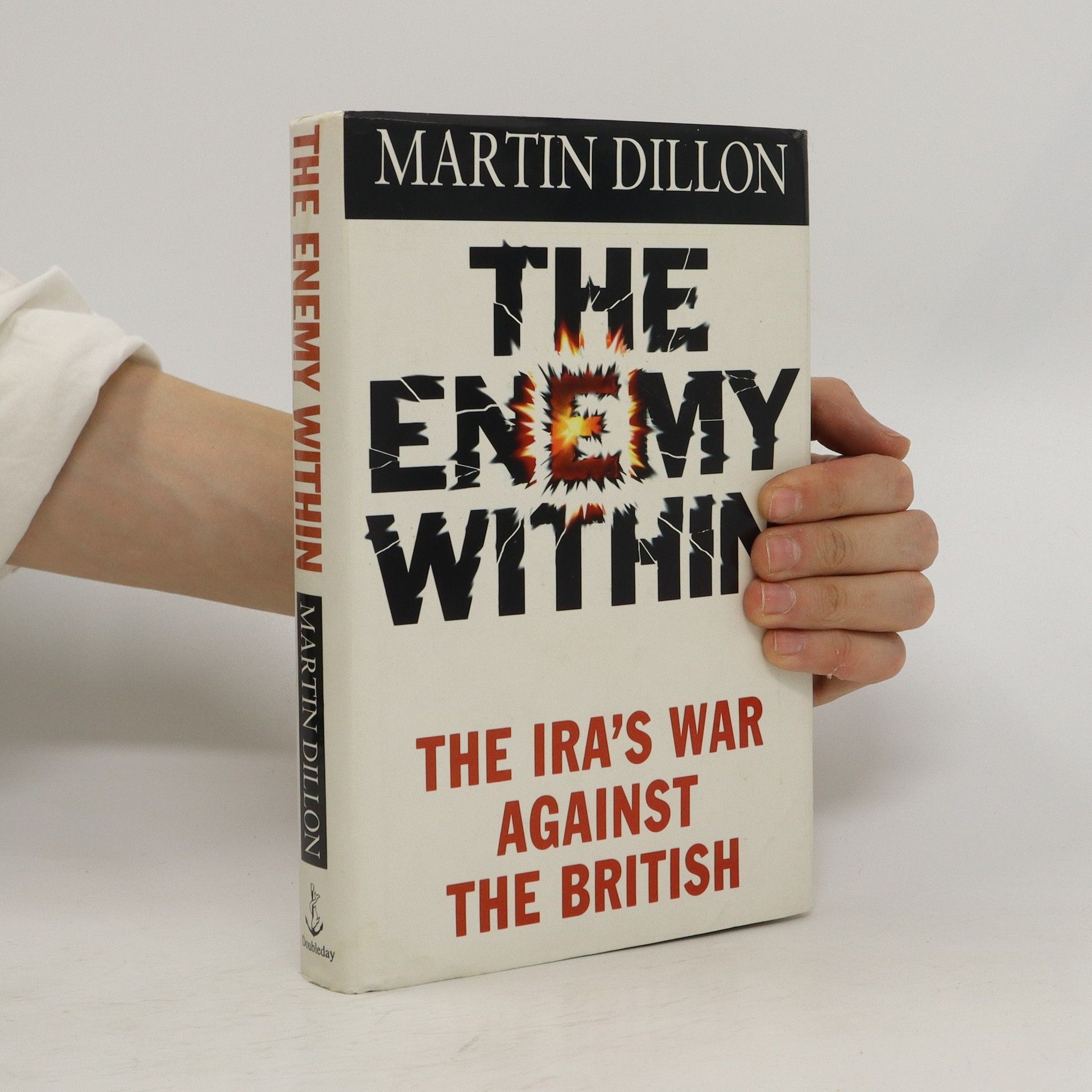Martin Dillon Book order (chronological)
Martin Dillon is an internationally acclaimed author whose investigative works delve into the heart of the Ireland conflict. His writing is lauded for its unique ability to combine rigorous historical research with a thriller-like narrative, offering readers compelling and compassionate accounts of the terror and horror of recent Northern Irish history. Dillon is regarded as one of the most important voices on the conflict, with his books deemed essential for understanding this tumultuous period.





This book is the first of its kind to examine the role of religion in Northern Ireland by talking directly to those involved: to the churchmen and to the terrorists. It shows how religious conditioning and history lead inexorably to political violence. It asks Roman Catholic and Protestant paramilitaries how they can reconcile murder with their Christian convictions, and what the men of God should - or could - do to stop the killing. Martin Dillon talks to Billy Wright, loyalist hard man, whose murder in MAZE Prison on December 27, 1997 threatens the peace process; to Kenny McClinton, a convicted murderer who once advocated beheading Roman Catholics and impaling their heads on railings; to motherly Eileen, a leading member of the women's arm of the IRA; and to Father Pat Buckley - prepared to break the confessional seal to save a Unionist MP under threat of assassination but also to smuggle a Republican prisoner's wife across the Irish border.
A survey of the IRA's bombing campaign in Britain before and after World War II. The text looks at the IRA's flirtation with Nazism and Eire's wartime neutrality and how that conditioned subsequent British policy towards Ireland, and examines the campaigns of the 1970s and 1980s. It also discusses the political and military mistakes which made British cities the most vunerable in Europe to terrorist attack and why Government agencies failed to eradicate the threat. This book includes material on what the IRA called its England Department, on how that IRA cell fuctioned and its objectives, and what was behind the IRA's reluctance to denounce the Downing Street Declaration.
Martin Dillon, a Belfast journalist regarded as an authority on Irish terrorism, presents material on the IRA's "England department" - how it has functioned and what its objectives are. He also provides evidence of political and military mistakes which he argues have made British cities the most vulnerable in Europe to terrorist attack. He explains why he believes that the various government agencies combating the IRA have failed to eradicate the threat, and describes the intrigue which led to MI5 taking responsibility for co-ordinating the war against the Provos. Dillon's other books include "The Shankill Butchers" and "The Dirty War".
The Shankill Butchers
- 338 pages
- 12 hours of reading
This book retells the story of a series of murders by the Ulster Volunteer Force in Northern Ireland in the 70s. When convicted, the killers received over 2000 years in jail, the longest sentences ever given in a single trial in British legal history.